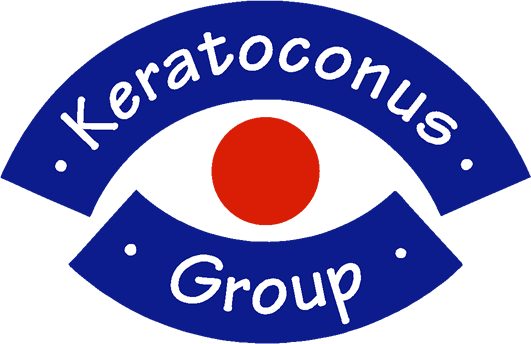Getting the Most from Your Contact Lens Appointment
Getting the right contact lens fit for keratoconus is a unique process. Unlike a standard fitting, it is more of an art than a science, as the irregular shape of a keratoconic eye can change over time. Being prepared for your appointment can help you achieve the best possible outcome for your vision and comfort.
Before your Appointment
Keep a Diary
Track your eye health and vision in the weeks leading up to your appointment. Note details like your contact lens wearing time, any discomfort, blurred vision, or light sensitivity.
Be Patient
Be prepared to spend more time at a hospital eye clinic appointment than you would at a high-street optician. A detailed examination is essential for the best results.
During your Appointment
Communicate Your Needs
Be clear about your lifestyle, work, and hobbies. Different lenses offer different trade-offs between vision sharpness and comfort, so your optometrist needs to understand your needs to find the right fit for you.
Provide Detailed Feedback
Use your diary notes to give your optometrist a comprehensive history of how your lenses have been performing. This information is invaluable for them to make informed adjustments.
Ask Questions
Don’t hesitate to ask about cleaning, storage, and handling to prevent infections. Your optometrist’s unique knowledge can provide tailored advice for your specific needs.
Paying for contact lenses for Keratoconus
When dealing with Keratoconus, getting the right contact lenses is crucial for clear vision. But the costs can be a real concern. Fortunately, there are options to help make them more affordable.
Getting Lenses Through the NHS
If your vision can’t be corrected by glasses, you have a clinical need for lenses, which means you can get them at a fixed NHS price.
Eligibility for NHS pricing:
People whose vision cannot be adequately corrected by glasses (common with KC) can get contact lenses through a hospital eye clinic at NHS prices.
Current cost (2024):
£60 per lens.
Covers any prescription changes within 12 months
Same cost regardless of lens type
Price increases annually
Free lenses for certain groups:
- Under 19 and in full-time education
- People on specific benefits (e.g. Income Support, income-based Jobseeker’s Allowance)
Where lenses are fitted:
- Larger hospitals often have in-house contact lens departments with KC-experienced optometrists
- Smaller hospitals may refer patients to specialist local opticians
Prescription documentation:
Patients should receive a Hospital Eye Service prescription (HESp), which entitles them to NHS lens pricing
Note: Local opticians may charge an additional fitting or “chair time” fee
Spare lenses:
KC lenses (especially small RGP lenses) are easy to lose
- Recommended to have a spare
- Spares are charged at the same NHS cost
Backup glasses:
Even if vision with glasses is limited, it is useful to have a pair
Helpful during times when lenses cannot be worn (e.g. infection or corneal abrasion)
The Private Option
While it’s often more expensive, you can also get Keratoconus lenses from a private High Street optician.
Cost: Private lenses can be costly, but the benefit is that you often get a faster appointment.
Important Advice: If you choose a private optician, it is essential that you find one who has significant experience fitting lenses for Keratoconus. A poorly fitted lens can cause damage to your cornea.
Most people with KC use hospital eye clinics, where they can see experienced optometrists and access lenses at lower cost. The downside is longer waits and limited flexibility for urgent issues. High Street specialists may charge more, but offer faster appointments and quicker support.
Visit our map of Friendly Keratoconus Optometrists in the UK.
